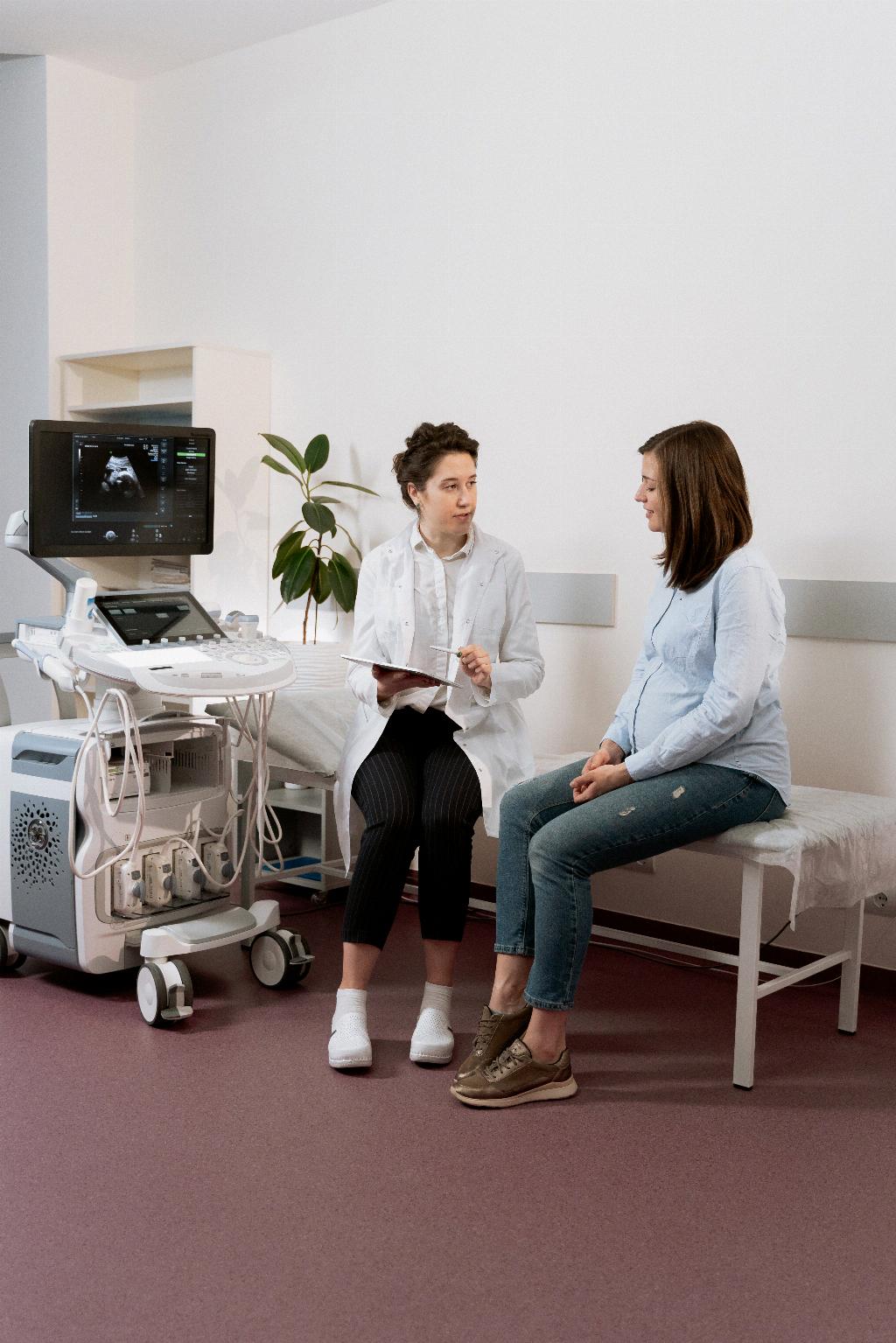When it comes to understanding what makes a baby at high risk for Down syndrome, there are several key factors to consider. Among these, maternal age plays a significant role. Older women, typically those over 35 years of age, have a higher likelihood of giving birth to a baby with Down syndrome. This is because as a woman ages, the chances of an egg containing an extra copy of chromosome 21, which leads to Down syndrome, increases.
Geographic region is another important factor to consider. Research has shown that certain regions have higher rates of Down syndrome cases. This could be attributed to various factors such as access to healthcare, prevalence of genetic conditions, and environmental influences that may impact the likelihood of a baby being born with Down syndrome.
Maternal education is also a contributing factor. Studies have indicated that mothers with lower levels of education may have an increased risk of having a baby with Down syndrome. Education can impact a mother’s access to resources, support networks, and understanding of prenatal care, all of which can influence the health outcomes of the baby.
Marital status is another element that can influence a baby’s risk for Down syndrome. Single mothers or those in unstable relationships may face challenges in accessing prenatal care, genetic counseling, and emotional support during pregnancy. These factors can impact the overall health and well-being of the mother and potentially affect the development of the baby.
Furthermore, Hispanic ethnicity has been identified as a factor that may increase the risk of Down syndrome. Studies have shown that individuals of Hispanic descent may have higher rates of certain genetic conditions, including Down syndrome. This highlights the importance of considering ethnic background when assessing the likelihood of a baby being born with Down syndrome.
It is important for expectant mothers and their healthcare providers to be aware of these risk factors and take appropriate steps to monitor and address them during pregnancy. Prenatal screening and genetic counseling can help identify potential risks early on and provide valuable information to guide decision-making and interventions. By understanding the factors that contribute to a baby’s risk for Down syndrome, parents and healthcare professionals can work together to ensure the best possible outcomes for both the baby and the family.

